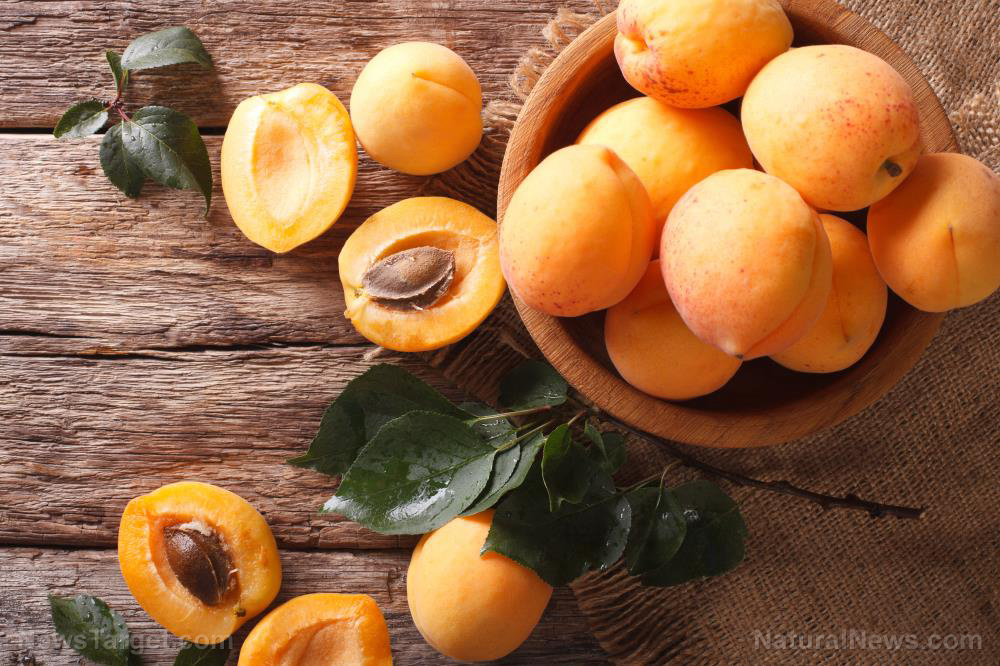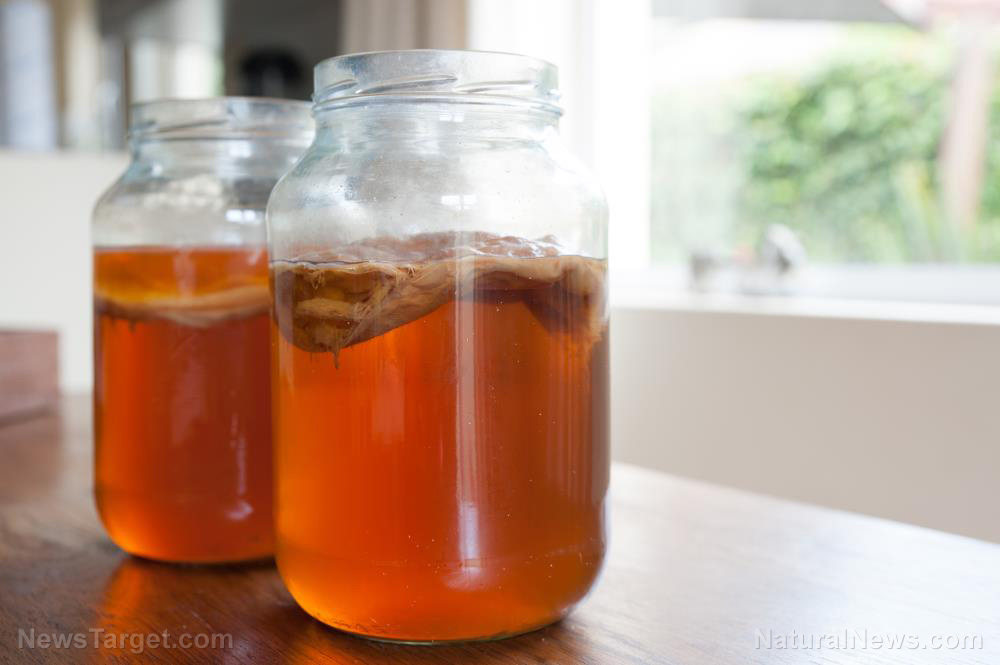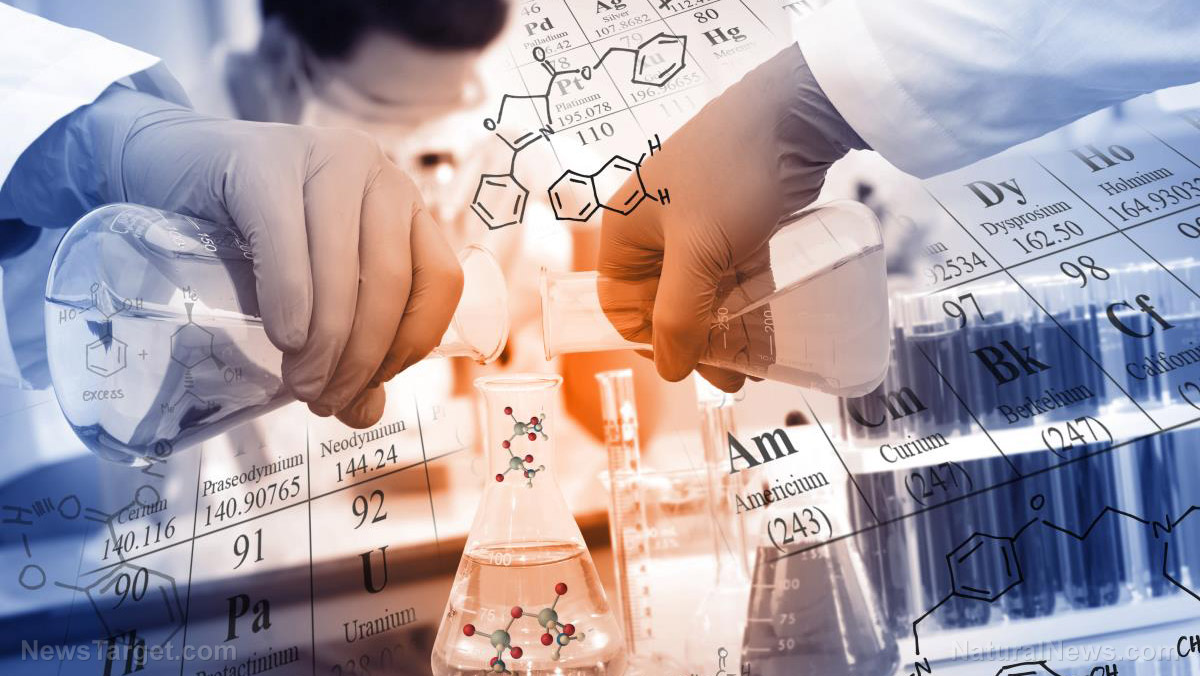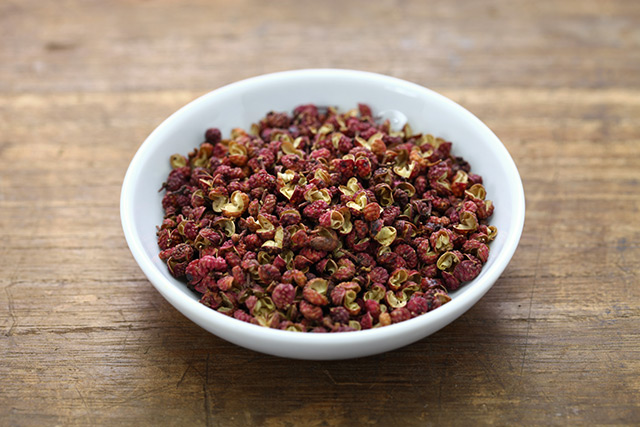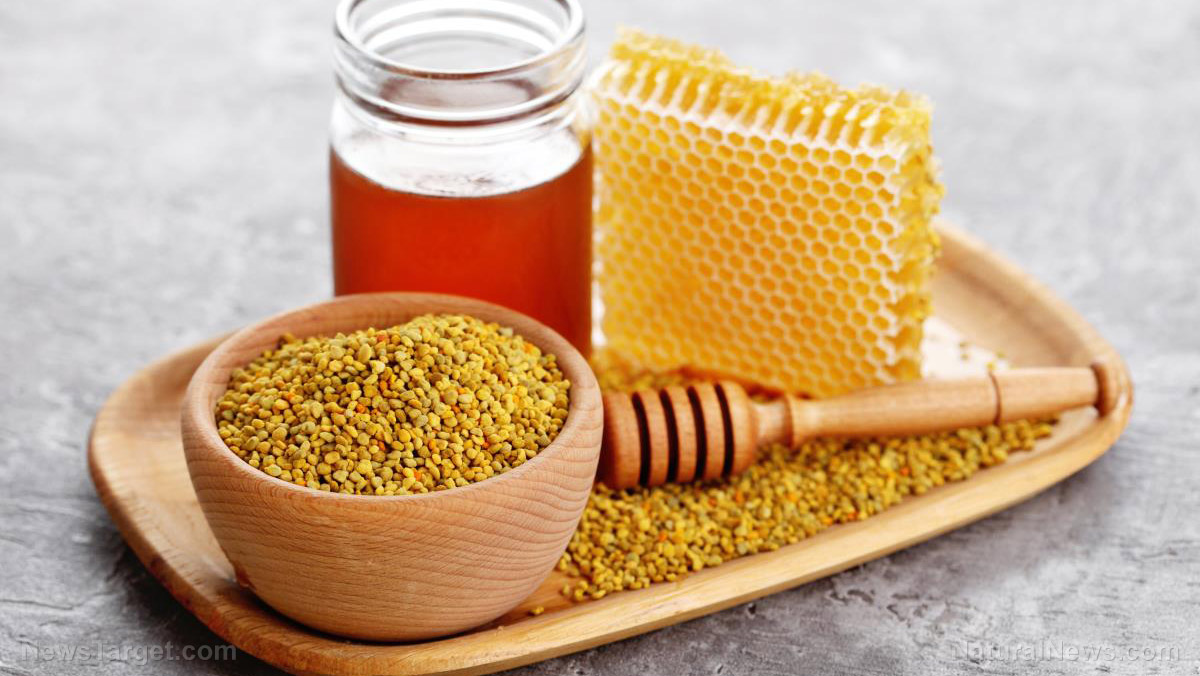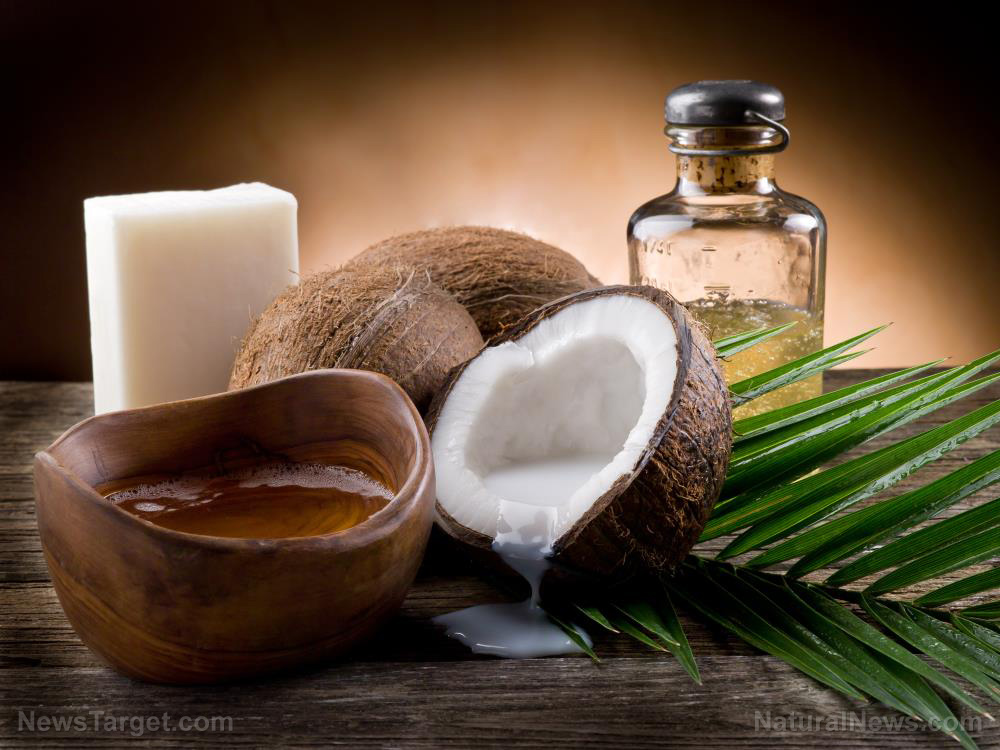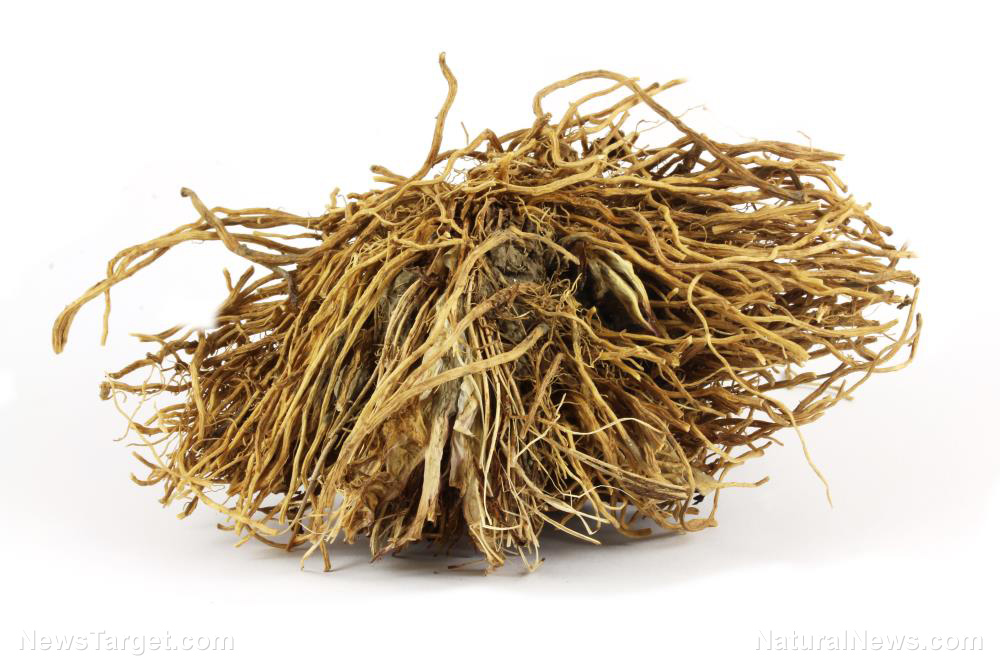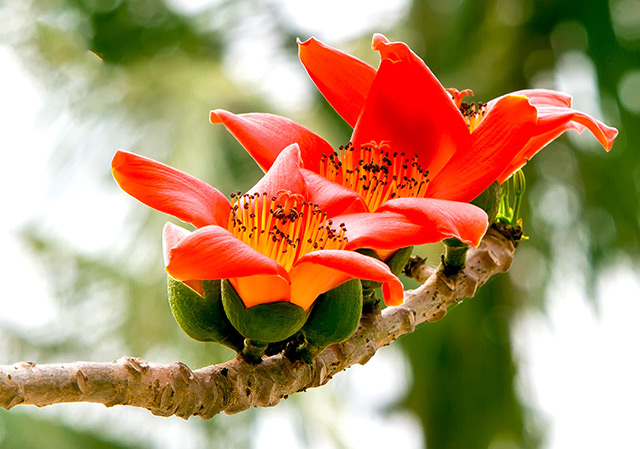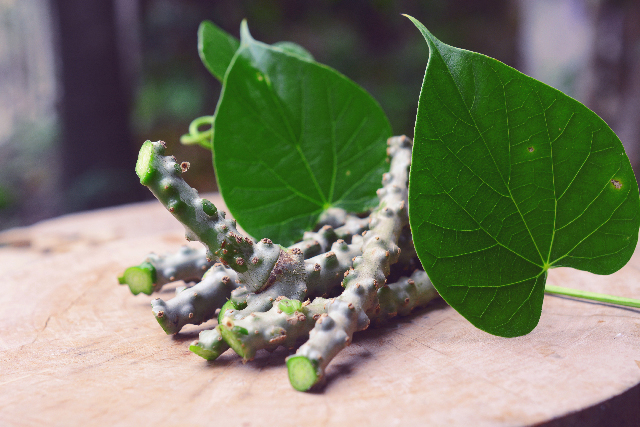Scientists study the antioxidant potential of Fuji apple peel
10/08/2018 / By RJ Jhonson
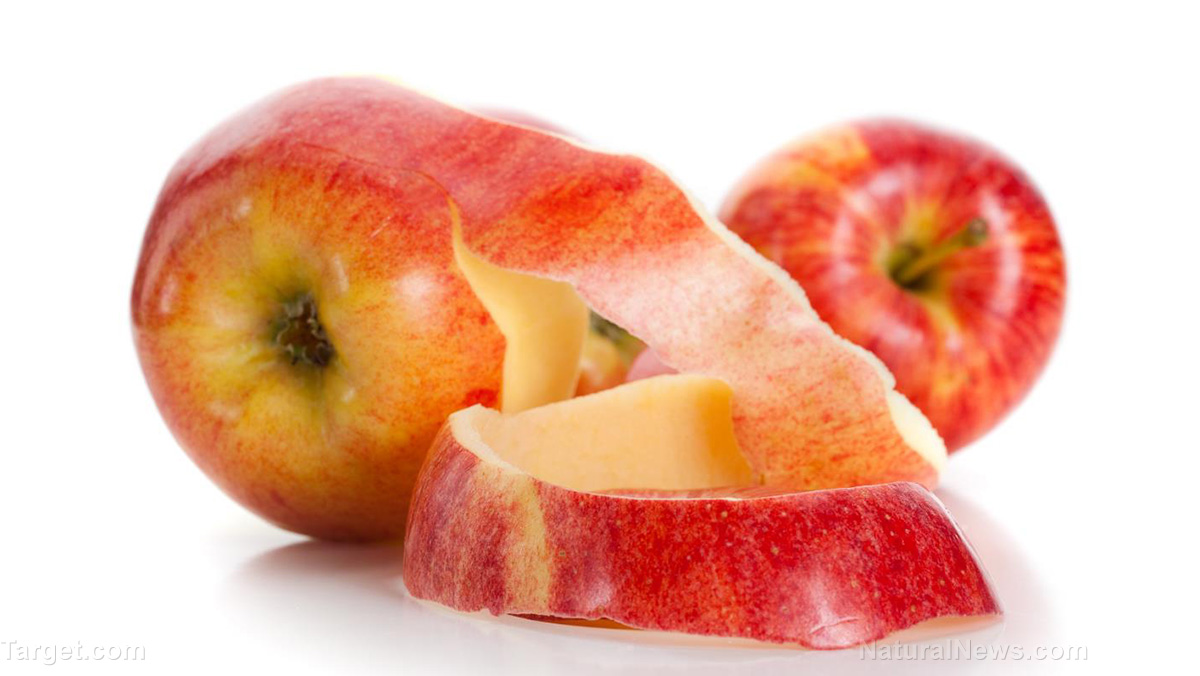
Developments in pre-pressing technologies now allow for the separation of apple peel from the flesh, which is squeezed for its juice. A study published in CyTA – Journal of Food suggests that apple peels may be utilized as a hepatoprotective pharmaceutical product because of its antioxidant and liver-friendly properties.
- The researchers isolated apple peel polysaccharides (APP). They created an animal model composed of six groups of mice. Two groups were classified as normal and CCl4-intoxicated and were given 0.5 mL of physiological saline once a day. CCl4 stands for the carcinogenic and toxic carbon tetrachloride. One group was pre-treated with biphenydicarboxylate bill (BP) while the rest were given 0.5 mL of 150, 300, and 450 mg/kg APP once daily. The treatment lasted for seven days.
- At the end of seven days, all groups except for the normal group received 0.3 mL of 0.8 percent CCl4/peanut oil mixture. The normal group received just peanut oil. The rats were sacrificed and exsanguinated, their livers were collected and weighed, and their blood samples centrifuged to separate the serum, which was then stored and analyzed.
- The researchers cited previous in vitro studies indicating that APP had reducing powers similar to but slightly weaker than that of ascorbic acid (Vitamin C).
- Upon examination, the mice in the CCl4-intoxicated group showed considerable increases in both liver weight and hepatosomatic index (HI). Those in the APP groups, particularly, the animals that received high doses (300 and 450 mg/kg) did not show any significant change in terms of body weight, but they were noted for having lower HI and liver weight when compared to the CCl4-intoxicated group. This decrease was comparable to what was observed in the positive control group, which was treated with BP.
- The CCl4-intoxicated group also showed higher levels of the enzymes alanine aminotransferase (ALT), aspartate aminotransferase (AST), and lactic dehydrogenase (LDH), indicating liver damage. The APP-treated group showed reduced levels of these enzymes.
- Malonaldehyde (MDA) levels, an indicator of free radical chain reaction of lipid peroxidation, were elevated in the CCl4-intoxicated group. The levels of superoxide dismutase (SOD) and glutathione peroxidase (GSH-Px), known liver antioxidants, were also lower in the said group. The APP-treated groups showed reversed outcomes.
- Histopathological analysis showed visible liver tissue damage in the CCl4-intoxicated group, but not in the APP-treated group.
The researchers concluded that apple peel has potent antioxidant and liver-protective effects that may be tapped for hepatoprotective pharmaceuticals.
Read the full study at this link.
For more details on how antioxidants protect your liver, go to Nutrients.news.
Journal Reference:
Sun L, Meng Y, Sun J, Guo Y. CHARACTERIZATION, ANTIOXIDANT ACTIVITIES AND HEPATOPROTECTIVE EFFECTS OF POLYSACCHARIDES FROM PRE-PRESSING SEPARATION FUJI APPLE PEEL. CyTA – Journal of Food. 09 January 2017;15(2):307–319. DOI: 10.1080/19476337.2016.1263241
Tagged Under: antioxidants, apple peels, Carbon tetrachloride, Fuji apple peel, Hepatoprotective, liver damage, liver health, liver protection

